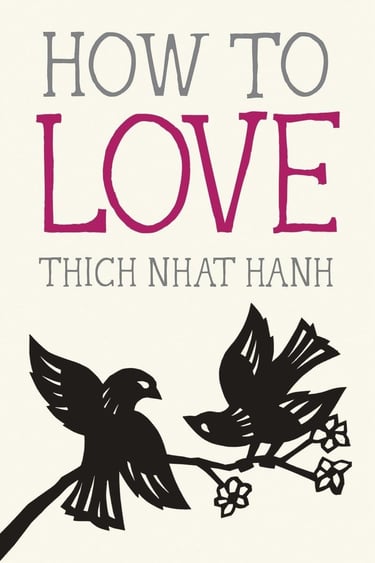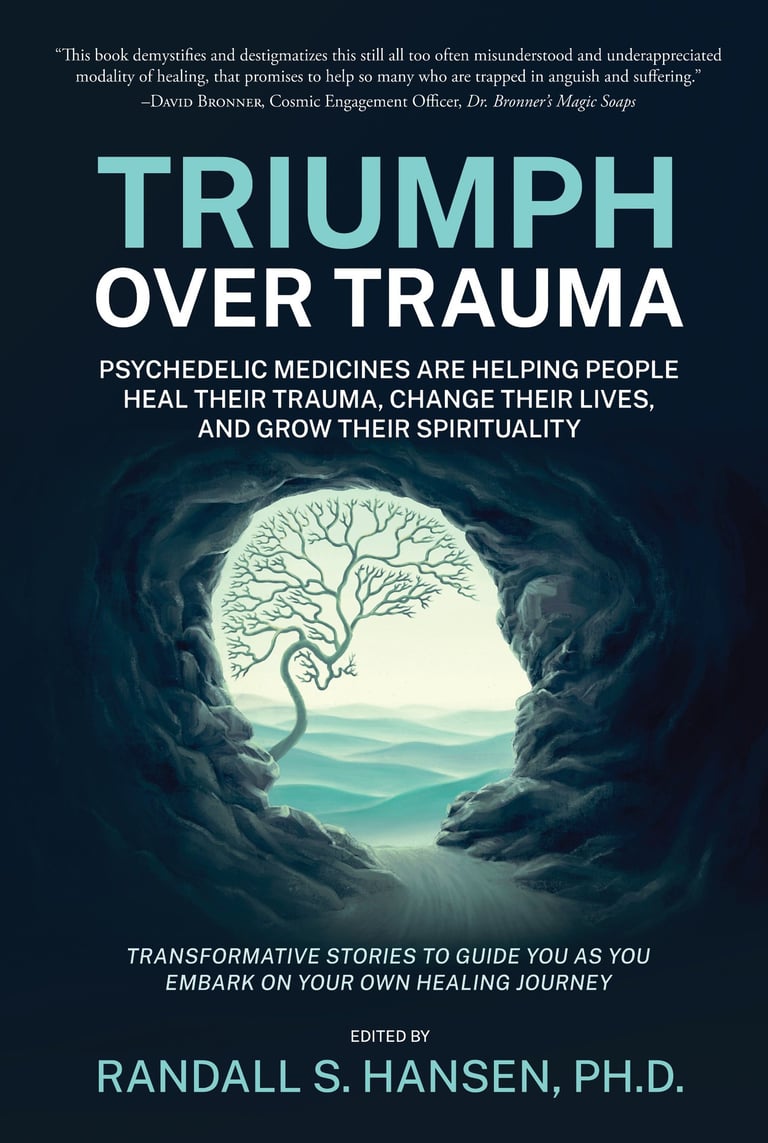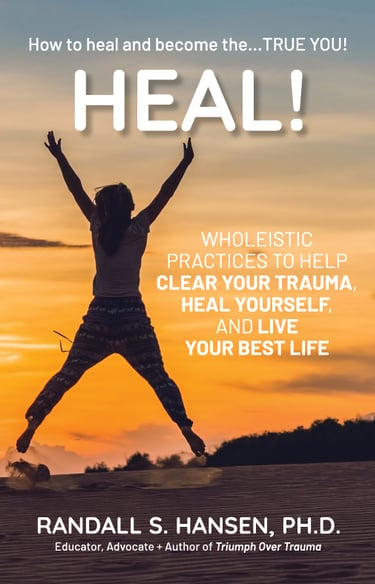Empowering Reading: How to Love Book Review
How to Love, by Thich Nhat Hanh (2014). ISBN: 1937006883.
This pocket-sized book may look small and unassuming, but it packs a punch regarding love, stating that “true love brings us beauty, freshness, stability, solidity, peace, and freedom.”
Do you know how to love? I think I knew how when I was a child, but various unresolved traumas tricked me into thinking lust was love. And self-love? In place of self-love, I had a deep emptiness, a sense of sadness, and a feeling of disillusionment.
Healing my old trauma wounds and practicing forgiveness for myself and those who hurt me began to transform me and my understanding of true love – and that one must first learn to love themselves before one can even try to love others (and accept their love).
This beautiful little book may offer you some help, hope, and guidance. Each page offers a powerful lesson about love, and readers can use the book as a daily reflection on love, suffering, and relationships.
With more than 100 pages of wisdom, here are some of my favorites, which I hope will inspire you to read the book.
Recognizing True Love: True love gives us beauty, freshness, solidity, freedom, and peace. True love includes a feeling of deep joy that we are alive. If we don’t feel this way when we feel love, then it’s not true love.
Distractions: Often, we get crushes on others not because we truly love and understand them, but to distract ourselves from our suffering. When we learn to love and understand ourselves, then we can truly love and understand another person.
Loving Kindness: The first element of true love is loving kindness. The essence of loving kindness is being able to offer happiness. You can be the sunshine for another person. You can’t offer happiness until you have it for yourself.
Respect and Trust: Along with the traditional four elements of true love – loving kindness, compassion, joy, and equanimity – there are two more elements: respect and trust. These elements can be found in the four, but it helps to mention their names.
You Are a Flower: Every child is born in the garden of humanity as a flower. Each flower differs from every other flower. As grown-ups, we can remind young people that they’re already beautiful as they are; they don’t need to be someone else.
Spiritual Practice: Spirituality doesn’t mean a blind belief in a spiritual teaching. Spirituality is a practice that brings relief, communication, and transformation. Everyone needs a spiritual dimension in life.
Three Strong Roots: To keep our commitment to our partner, and to weather the most difficult storms, we need strong roots… the roots of a lasting relationship are mindfulness, deep listening and loving speech, and a strong community to support you.
Listening With Patience: When your loved one is talking, practice listening deeply… allow the other person to speak freely… When we listen deeply with all our heart, we will begin to see the other person more deeply and understand them better.
Joy is Healing: If a relationship can’t provide joy, then it’s not true love… If you have enough understanding and love, then every moment – whether it’s spent making breakfast, driving the car, watering the garden, or anything else in your day – can be a moment of joy.
Goodwill is Not Enough: Your good intentions are not enough; you have to be artful. We may be filled with goodwill; we may be motivated by the desire to make the other person happy, but out of our clumsiness, we make them unhappy… Mindful living is an art, and each of us has to train to be an artist.
What Love Needs to Survive: The Buddha said that nothing survives without food, including love. If you don’t know how to nourish and feed your love, it will die. If we know how to feed our love every day, it will stay for a long time… there are four kinds of food we consume every day. They are: edible food (what we put in our mouths to nourish our bodies), sensory food (what we smell, hear, taste, feel, and touch), volition (the motivation and intention that fuels us), and consciousness (this includes our individual consciousness, the collective consciousness, and our environment).
Immeasurable Minds: Loving kindness, compassion, joy, and equanimity are described as unlimited states of mind because they continue to grow and they cannot be measured. The more you practice, the more you see your love growing and growing until there is no limit. The more you practice compassion, the more it grows. The more you cultivate joy, the more joy you will feel and be able to share.
Natural Happiness: If you walk with true awareness of every step, without having a goal to get anywhere, happiness will arise naturally. You don’t need to look for happiness. When we are in touch with the wonders of life, we become aware of the many conditions of happiness that are already there, and naturally we feel happy.
Flower Watering: When we practice the art of mindful living, we water the positive elements in ourselves and each other. We see that the other person, like us, has both flowers and garbage inside… our partner is a flower. If we take care of her well, she will grow beautifully.
Learning Love: If our parents didn’t love and understand each other, how are we to know what love looks like? … The most precious inheritance that parents can give their children is their own happiness.
The book ends with several meditations, and the Love Meditation is my favorite:
May I be peaceful, happy, and light in my body and spirit.
May I be safe and free from injury.
May I be free from anger, afflictions, fear, and anxiety.
May I learn to look at myself with the eyes of understanding and love.
May I be able to recognize and touch the seeds of joy and happiness in myself.
May I identify and see the sources of anger, craving, and delusion in myself.
May I know how to nourish the seeds of joy in myself every day.
May I be able to live fresh, solid, and free.
May I be free from attachment and aversion, but not indifferent.
Thich Nhat Hanh (1926–2022) was a Vietnamese Buddhist Zen Master, poet, and peace activist, and one of the most revered and influential spiritual teachers in the world.
Find more book reviews and advice for living a happy, healthy, and healing life here.
Dr. Randall Hansen is an evangelist, educator, and thought-leader... helping the world heal from past trauma and the poor food system. He is founder and CEO of EmpoweringSites.com, a network of empowering and transformative Websites, including EmpoweringAdvice.com.
He is the author of the groundbreaking Triumph Over Trauma: Psychedelic Medicines are Helping People Heal Their Trauma, Change Their Lives, and Grow Their Spirituality and the well-received HEAL! Wholeistic Practices to Help Clear Your Trauma, Heal Yourself, and Live Your Best Life.
The third book in the Wholeistic Healing Trilogy is the game-changing The HEALing Revolution Diet: A Science-based Approach to Heal Your Gut, Reverse Chronic Illnesses, Lose Weight, Clear Your Mind, and Increase Longevity.
Dr. Hansen's focus and advocacy center around true health and healing journeys that results in being able to live an authentic life filled with peace, joy, love. Learn more by visiting his personal Website, RandallSHansen.com. You can also check out Dr. Randall Hansen on LinkedIn.








